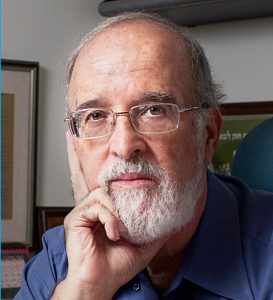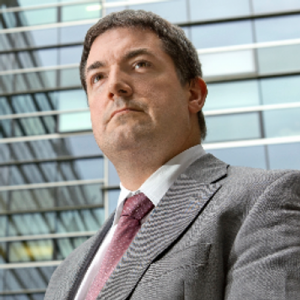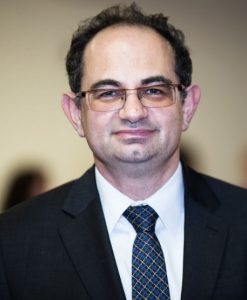
Threat Modelling for Machine-Learning Systems
The talk discusses the threat landscape of Machine Learning-based systems and proposes a security methodology supporting the definition of key security properties of ML assets, the identification of threats to them as well as the selection, test and verification of security controls. Our discussion is based on STRIDE, a widely used approach to threat modeling originally developed by Microsoft. We extend STRIDE to provide guidance in selecting the security controls needed to alleviate the identified threats. The talk also discusses the idea of using Distributed Ledger Technology as a security control framework for alleviating the severity of threats to ML models.
Biography
Ernesto Damiani is Full Professor at Università degli Studi di Milano, Director of Center for Cyber Physical Systems (C2PS) within the Khalifa University, leader of the Big Data area at Etisalat British Telecom Innovation Center, and President of the Consortium of Italian Computer Science Universities (CINI). He is also part of the ENISA Ad-Hoc Working Group on Artificial Intelligence Cybersecurity, where he serves as Rapporteur.
According to DBLP (January 2021), Ernesto Damiani has authored 137 journal papers, 336 refereed articles in proceedings of international conferences, and published 57 books and chapters as an author or editor. According to Google Scholar, Ernesto’s work has been cited more than 18,200 times and his h-index is 57; 291 of his papers have at least 10 citations. On Scopus he has 616 documents and more than 7,100 total citations by more than 5,600 documents. His Scopus h-index is 36. With 542 publications listed on DBLP, he is considered among the most prolific European computer scientists.
His areas of interest include cyber-physical systems, Big Data Analytics, Edge/Cloud security and performance, Artificial Intelligence, and Machine Learning. Ernesto Damiani has pioneered model-driven data analytics. Ernesto has been a recipient of the Stephen Yau Award from the Service Society, of the Outstanding contributions Award from IFIP TC2, of the Chester-Sall Award from IEEE IES, and of a doctorate honoris causa from INSA – Lyon (France) for his contribution to Big Data teaching and research.




